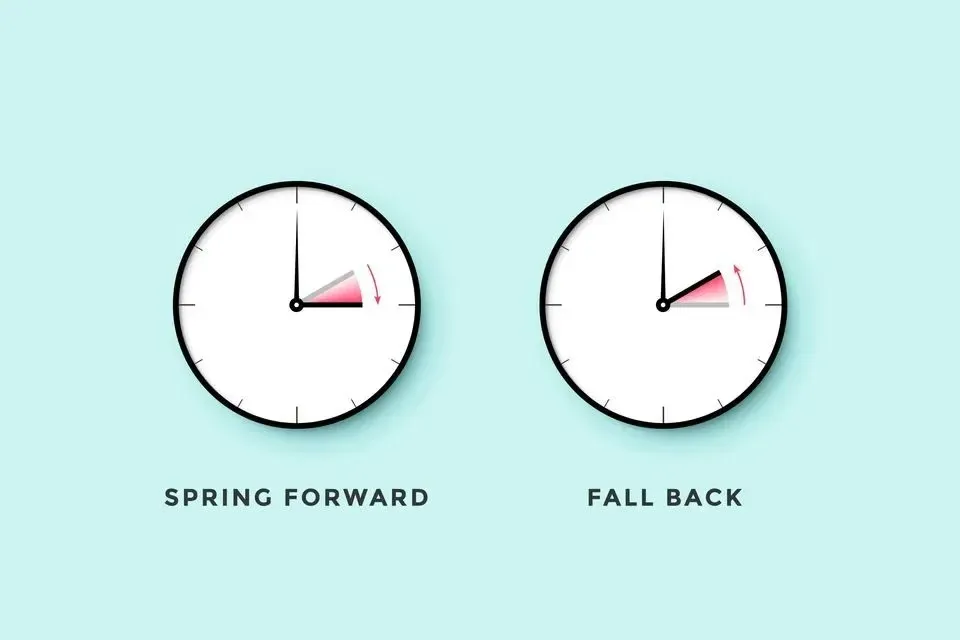People across Ireland can look forward to brighter evenings as daylight saving time begins again. In 2025, the clocks will go forward by one hour on Sunday, March 30, which also coincides with Mother’s Day.
When Do the Clocks Change in Ireland?
In Ireland, the clocks will go forward by one hour at 1am on Sunday, March 30, 2025, jumping ahead to 2am. If your devices don’t update automatically, be sure to change them before heading to bed on Saturday night.
This annual change means losing an hour of sleep, but it signals the start of longer and brighter evenings as we move into spring and summer.
The clocks go forward on the last Sunday of March and go back on the last Sunday of October each year. The easy way to remember? “Spring forward, fall back.“

Why Does Ireland Still Observe Daylight Saving Time?
Although the European Parliament voted in 2019 to end seasonal clock changes, no agreement has been reached on implementation. The European Commission confirmed there are no current plans to submit a new proposal, meaning daylight saving time will continue for the foreseeable future.
There were concerns that Brexit could lead to two different time zones on the island of Ireland—one in the Republic and another in Northern Ireland. The Department of Justice raised this issue previously, but no changes have been introduced.
What’s the Reason for Changing the Clocks?
The main goal of daylight saving time is to make better use of natural light.
- In summer, we move the clocks forward for longer daylight in the evenings.
- In winter, the clocks go back to give us more morning light and an extra hour in bed.
A Look Back at the History of Daylight Saving Time
The concept of changing the clocks was first proposed in 1907 by William Willett, an Englishman who believed that valuable daylight was being wasted. He published a pamphlet titled The Waste of Daylight, encouraging a seasonal time shift.
Although Willett died in 1915, his idea was implemented the following year. In May 1916, Britain and Ireland both introduced daylight saving time with the passing of the Summer Time Act—a practice that has continued for over a century.






